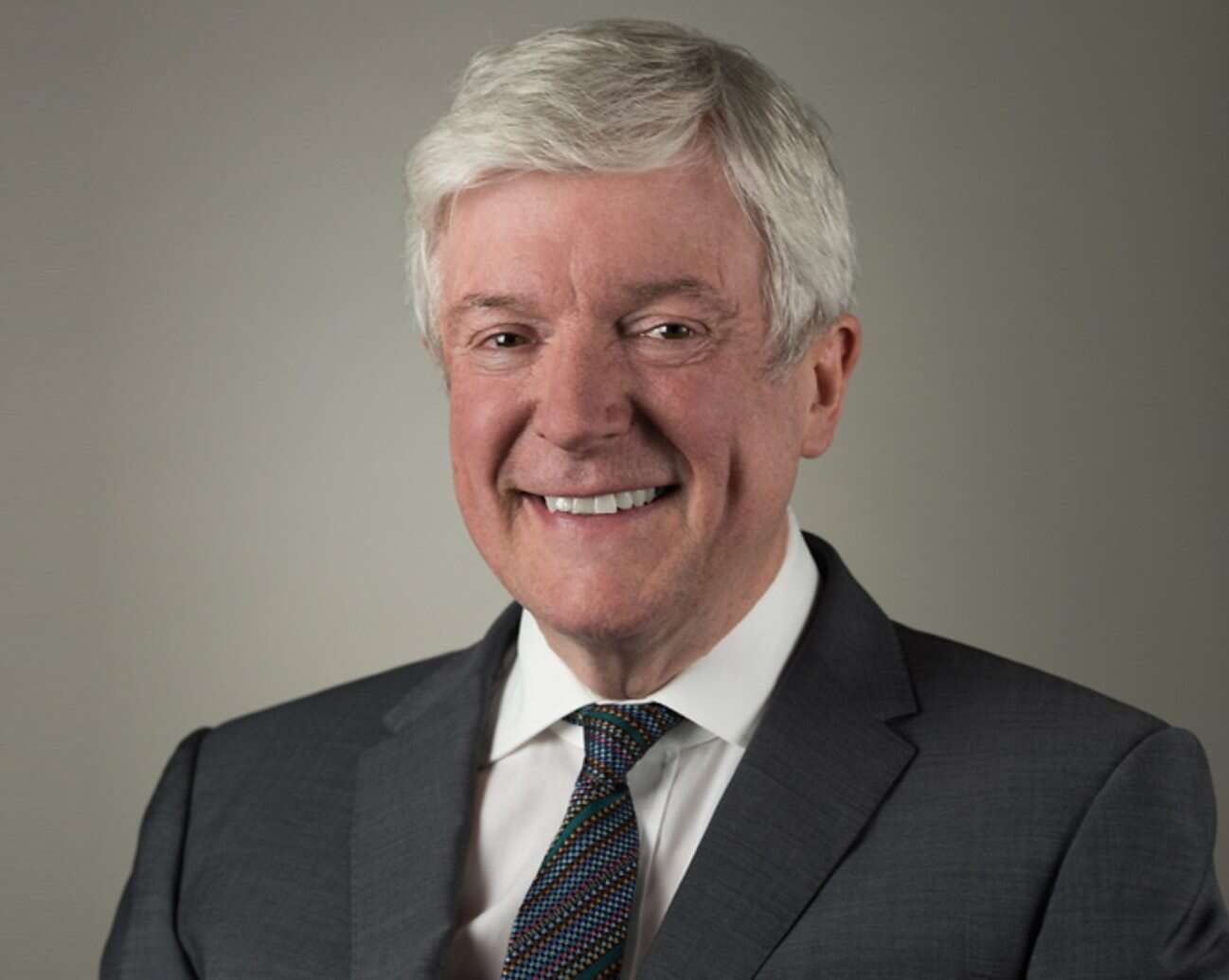
Earlier this year, a major report into the future of journalism made stark reading for those who believe in the importance of local democracy.
The effect of commercial pressures on local journalism across the UK has long been recognised. In the last decade, circulation for local newspapers has halved. Many titles have merged or folded. We’ve seen a net loss of around 250 in the last four years alone.
The report from Dame Frances Cairncross made the stakes clear. She underlined that, as the number of local reporters has shrunk, so has their coverage of the whole machinery of local democracy.
It has led to a chronic under-reporting of local councils, courtrooms and other institutions. It has meant a growing lack of scrutiny on the issues and concerns that matter most to local communities.
I have always believed that the BBC should find ways to support a healthy local media ecology. I know that it’s so often what communities rely on most.
That’s why, at the start of last year, the BBC launched our Local Democracy Reporting Service. It’s a partnership with regional newspapers and the local media sector more widely, with the goal of supporting a network of 150 new local democracy reporters – managed by local media, but funded by the BBC.
Their job is simple: hold local politicians and public institutions to account all around the UK. So far they have produced more than 100,000 public interest stories on bodies such as councils and NHS trusts. They are all stories that might not otherwise have been heard.
The new Royal Liverpool Hospital, for example, built with unsafe cladding. Northamptonshire County Council underpaying childminders and nurseries by thousands of pounds. The £24m health centre in Altrincham that will never be used, but is still costing the NHS over £2m a year.
We have proved that this approach works. We have also shown the impact we can have through broader initiatives such as our Shared Data Unit, which sees BBC data journalists working alongside seconded reporters from local news to improve the standard of journalism in their own newsrooms.
But I’m determined that the BBC should do even more to help reverse the damage that has been done to local democracy. That’s why we have today announced a plan to expand our support for local media into an ambitious new BBC Local News Partnership.
The idea is to create a dedicated, not-for-profit body – independent of government and others – with the explicit aim of supporting a strong local media landscape and nourishing the foundations of local democracy. It will build on all our existing work, but will seek to expand significantly its scope and impact.
Already we have we have opened up our Local Democracy Reporting Service to news platforms aimed at black, Asian, and minority ethnic communities. We want it to be able to serve directly the interests of BAME audiences.
Right now we are extending the scheme in Northern Ireland, meaning that five new journalists there will be added to the pool of local democracy reporters.
But by creating a new, dedicated body and bringing like-minded businesses and other organisations on board we hope to unlock substantial new funding from others and dramatically raise our level of ambition.
That could mean a new crop of local democracy reporters around the UK. It could mean a new Local Justice Reporting Service with many more journalists covering magistrates’ and sheriff’s courts. It could mean a sea change in local public interest journalism.
I’m excited about what the BBC Local News Partnership could achieve for local democracy in this country. I believe that it is exactly the sort of initiative that the BBC can and should be taking to respond to the needs of society right now.
I also believe that it is important to recognise the reason why the BBC is in a position to make such significant interventions for the benefit of all communities around the UK.
It is the way we are funded – through the licence fee, which is guaranteed as the way of funding the BBC until at least 2027 – that underpins our public service mission.
The two have always been inextricably linked. Because we are funded by everyone, our role is to serve everyone in return. It’s a profoundly democratic ideal, and it remains at the heart of everything we do.
Our licence fee gives us a fundamental responsibility to protect the interests of local communities and uphold local democracy – and this ambitious partnership shows how we can live up to that responsibility.
Lord Tony Hall (pictured) is director general of the BBC.
Picture: BBC
Email pged@pressgazette.co.uk to point out mistakes, provide story tips or send in a letter for publication on our "Letters Page" blog
